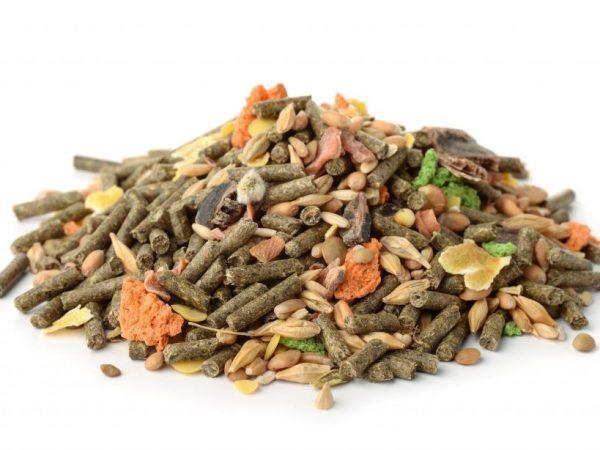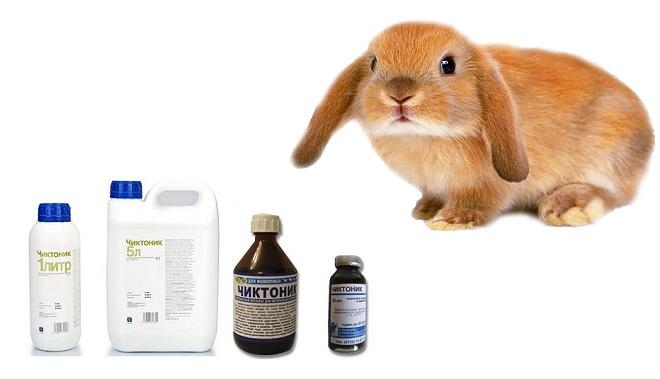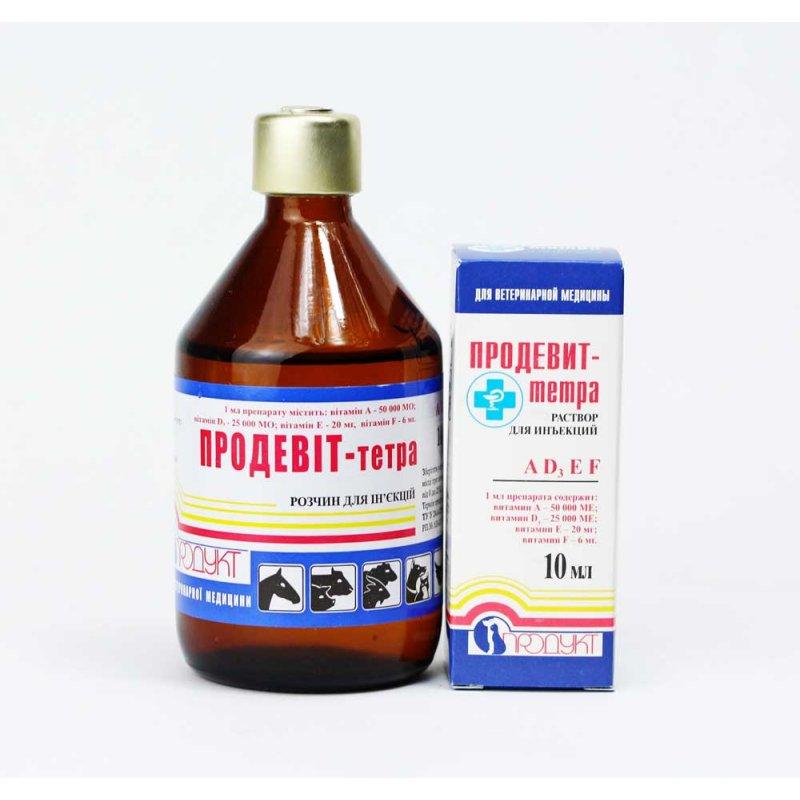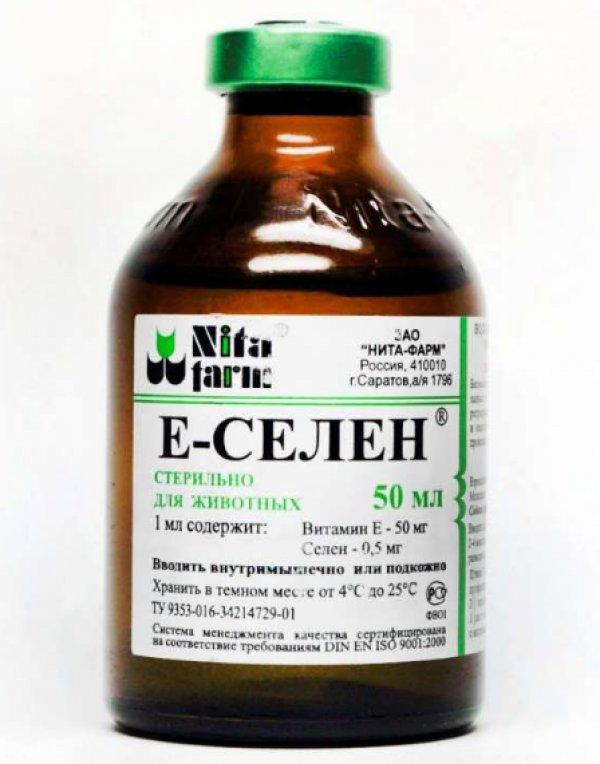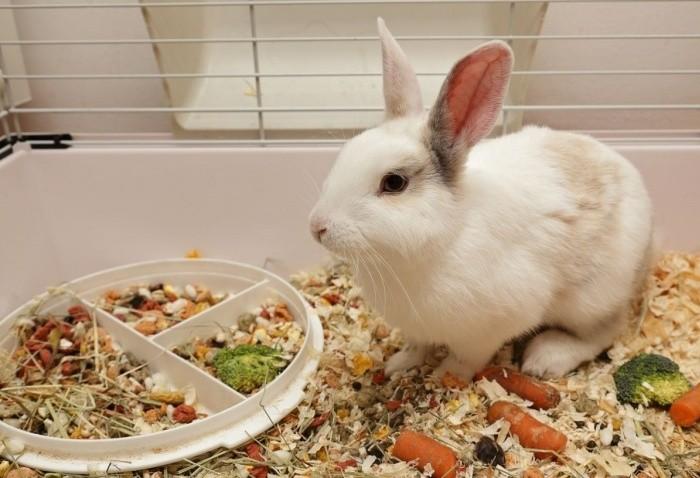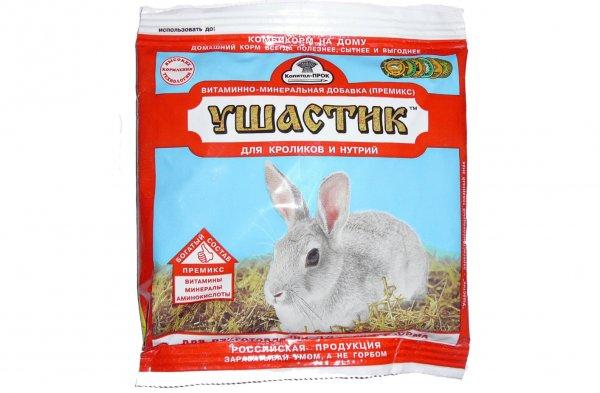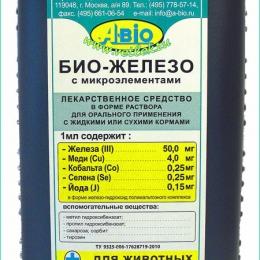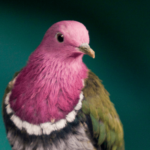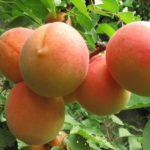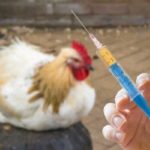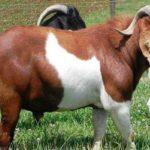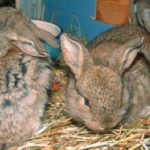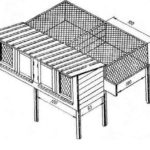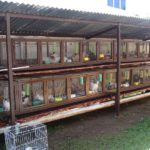Pharmacy vitamins and mineral supplements for rabbits are recommended to be included in the diet of pets. Pets must receive adequate nutrition. However, you should always remember that hypovitaminosis is no less dangerous than hypervitaminosis. A deficiency of nutrients causes developmental delays, illness, and increases the likelihood of death. Excess vitamins can lead to intoxication. When feeding animals, it is recommended to adhere to the norm.
What vitamins do rabbits need?
For normal growth and development, animals need adequate nutrition and the entire range of vitamins and elements. Pharmacy products will save rabbits from hypovitaminosis at any time of the year.
Meat breeds
Meat breed rabbits gain weight faster and expend more energy. For normal development, they need vitamins E, A, D, group B, protein and carbohydrate foods. It is recommended to feed animals with grain, seeds, cake, legumes and juicy green herbs, cabbage, carrots.
For decorative rabbits
Animals of decorative breeds are recommended vitamins A, E, D, C, group B. They must be given hay, cabbage, lettuce, oats, carrots, and juicy grass.
Rabbits
The young, growing body of rabbits needs vitamins A, C, B12, E, D and various minerals. Animals are fed green food, always carrots, corn kernels, and cabbage leaves.
For pregnant rabbits
Pregnant females need increased levels of vitamins (A, E, D, B, C) and minerals. During this period, animals need to be given protein food (grain) and fortified fish oil.
What do vitamins contain?
Rabbits primarily need the following vitamins: A, E, D, B12. The lack of these substances in the body leads to adverse consequences. Vitamin A, or rather carotene, is found in fresh herbs during the flowering period. The source is carrots, pumpkin, corn grain, cabbage leaves. There is a lot of it in fish oil.
Vitamin E is found in green succulent feed, clover, wheat, and alfalfa meal. Its deficiency can lead to the death of offspring, muscle weakness, and dystrophy. It improves the absorption of carotene. Vitamin D is found in sun-dried hay. Green herbs do not contain it, but they do contain ergosterol.This substance is converted into D under the influence of the sun. Vitamin B12 is found only in animal feed. In rabbits, this substance is synthesized in the body if they receive carrots and juicy herbs.
Vitamin preparations
To prevent or treat hypovitaminosis, you can buy vitamin preparations at a veterinary pharmacy. Useful supplements are given to rabbits mainly in winter.
"Chiktonik"
A preparation containing a number of vitamins (A, D3, K3, E, group B), elements and essential amino acids that compensate for the deficiency of these substances in the body of rabbits. This is a dark brown liquid solution. Completely ready to eat. Sold in veterinary pharmacies in brown glass bottles of 10 ml or in light plastic bottles of 1 liter.
Before using Chiktonik, it is recommended to dilute it with liquid in the following dosage: 1 ml of the drug per 1 liter of water. Norm: 1 time per day. The solution is prepared at one time, the remainder is poured out. Rabbits are fed Chiktonik for 5-7 days in a row. A repeated course is recommended every month.
"Prodevit"
Vitamin preparation for the prevention and treatment of hypovitaminosis and rickets in rabbits. “Prodevit” consists of vitamins A, D3, E based on sunflower oil.This is an oily liquid, completely ready for use.
"Prodevit" is sold in veterinary pharmacies in 10 ml glass bottles or 1 liter plastic bottles. The drug is added to animal food. Dosage for prevention: 1 drop per serving of food, 1 time per day, 3-5 days in a row.
"Prodevit" can also be used to treat hypovitaminosis and rickets. In this case, dosage: 2 drops per serving of food, 1 time per day. Treatment is carried out for 3-5 days in a row. After a month, the course can be repeated.
"E-Selenium"
The product is in the form of a solution for injection and oral use. Used to prevent or treat diseases caused by vitamin E and selenium deficiency. The drug contains these two substances.
The sterile yellowish solution is packaged in glass bottles with a volume of 10...500 ml. The injection is given once every 2-4 months.The drug is administered intramuscularly to rabbits in the following dosage: 0.04 ml of solution per 1 kg of body weight. The medicine can be diluted with saline solution.
It is better not to inject E-selenium, but to add it to drinking water. In this case, the dosage is as follows: 1 ml of solution per 1 liter of liquid. The medicine is given once a day every 30 days.
Mineral supplements
In addition to vitamins, rabbits need micro- and macroelements. Minerals affect metabolism, body condition, bone integrity, coat appearance, organ functioning, and reproductive function.
Mineral stones
There are several types of mineral stones for rabbits in pet stores: “Zverushki”, “Chika”, “Karlie”, “Garden Carrot”, “Apple Bulk”, “Zoomir with Probiotic”. This product is a shaped or square-shaped solid. The stones are used as sharpeners for rabbits' teeth. They contain minerals that improve the health and immunity of animals. Some manufacturers add vitamins, probiotics, granules of grass, grains, vegetables and fruits for taste, and also salt.
Mineral stones are given to rabbits mainly in winter. In summer, animals receive all the elements necessary for development from fresh food.
Premix "Ushastik"
A vitamin and mineral supplement that is used to enrich the diet of rabbits.Ushastik contains vitamins (A, E, D3, group B) and a number of useful microelements. The supplement can be given to young animals starting from the 45th day of life.
Premix "Ushastik" is not an independent food, but an additive to the main diet. This is a powdery mixture that is sold in 150 gram bags. It is recommended to mix the one-time amount of premix specified in the instructions with flour and add it to the food in the first half of the day. Rabbits are given “Ushastik”, according to the daily norm, once a day.
"Bio-iron"
A red solution that is prescribed to rabbits for the prevention and treatment of iron deficiency anemia, as well as a deficiency of iodine, copper, cobalt and selenium. Sold in plastic 1-liter bottles.
“Bio-iron” is added to drinking water or chilled food. Dosage: 1 ml of the drug per 1 kg of body weight (once a day). The supplement is allowed from 30 days of age. Bio-iron is given every other day.

